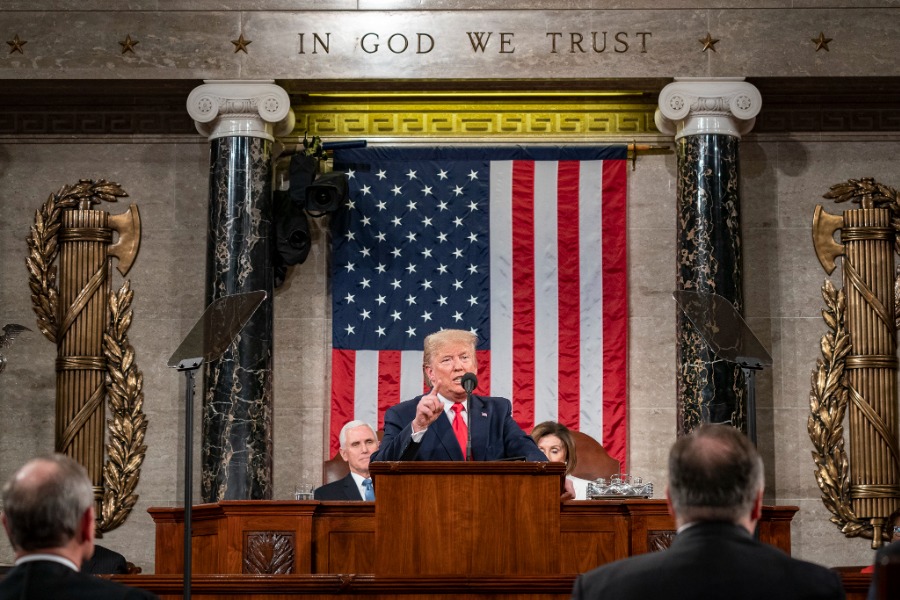National Security Network Proposes Plan to Repeal AUMF
The National Security Network has released a new report entitled "Ending the Endless War: An Incremental Approach to Repealing the 2001 AUMF." The report suggests a series of measures to cap and eventually roll back the authorization, which it outlines in three major steps:
- Limits in time by inserting a sunset clause to put the law on a natural course toward expiration, but keeping open the option for temporary reauth
Published by The Lawfare Institute
in Cooperation With

The National Security Network has released a new report entitled "Ending the Endless War: An Incremental Approach to Repealing the 2001 AUMF." The report suggests a series of measures to cap and eventually roll back the authorization, which it outlines in three major steps:
The report explains:
- Limits in time by inserting a sunset clause to put the law on a natural course toward expiration, but keeping open the option for temporary reauthorization if necessary;
- Limits on targeting authority through establishing a list of named enemy organization to which the authorization applies; and
- Geographic limits by listing regions or countries where force may be employed.
These changes can achieve a capping effect on the war authority by limiting named enemies to those organizations already targeted pursuant to the 2001 law – the Taliban, al-Qaeda, and their specific associated forces (which have not yet been publicly named) – and by limiting authorized geographic areas to those in which operations are already occurring. Applying these limits would help prevent the expansion of conflict under a revised AUMF and keep the law as close as possible to its original purpose of pursuing those responsible for the September 11 attacks. These same changes can also enable the rollback of the authorization over time: after authorized use of force is limited to named enemy organizations and geographic areas, policymakers can dial down war authority over time by removing named enemy organizations and geographic areas from the authorization as circumstances permit. Such rollback could ensure that future authority corresponds to progress made in counterterrorism operations once specific enemy organizations are degraded to the point that countering them no longer requires armed conflict. This rollback approach also allows policymakers to draw down war authority in a piecemeal fashion rather than having to consider only the broader choice of keeping all war authority or losing all war authority. Regardless of how policymakers exercise the options of gradual rollback of authority, the addition of a sunset clause to the law puts the authorization on a natural course toward expiration. Because a sunset clause results in delayed expiration – and can be reauthorized – the incremental approach to repeal both guards against perpetual war and avoids precipitously concluding sustained combat operations against al-Qaeda.For more on the ongoing debate, make sure you check out the Lawfare AUMF and AUMF Reform pages.
Cody Poplin is a student at Yale Law School. Prior to law school, Cody worked at the Brookings Institution and served as an editor of Lawfare. He graduated from the UNC-Chapel Hill in 2012 with degrees in Political Science & Peace, War, and Defense.





